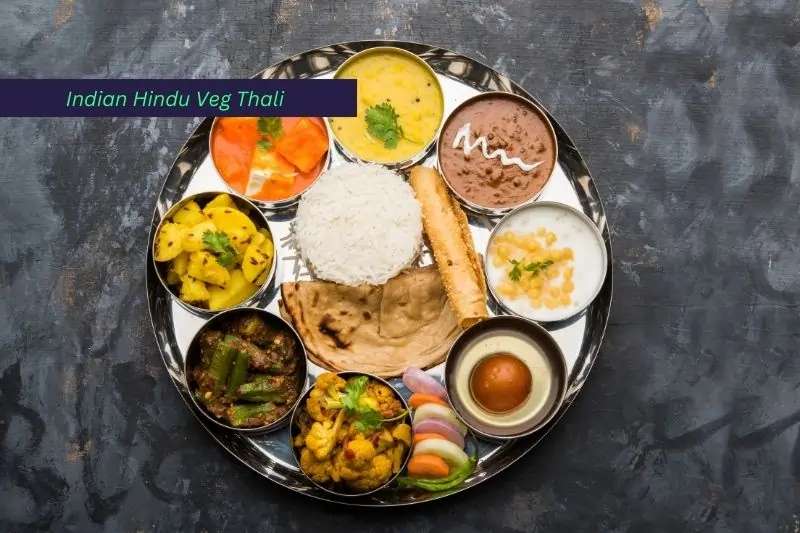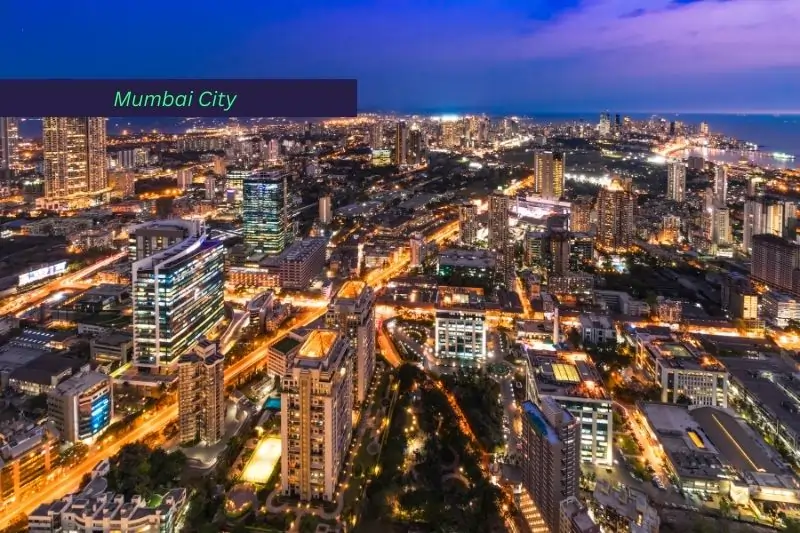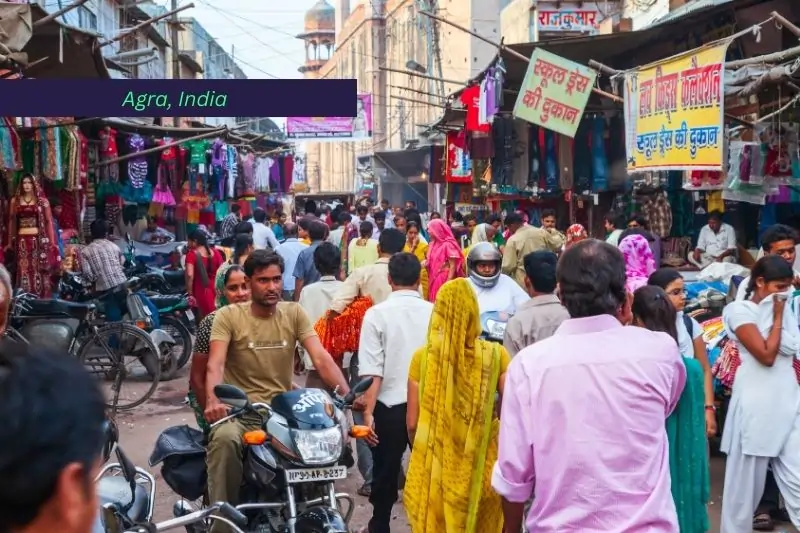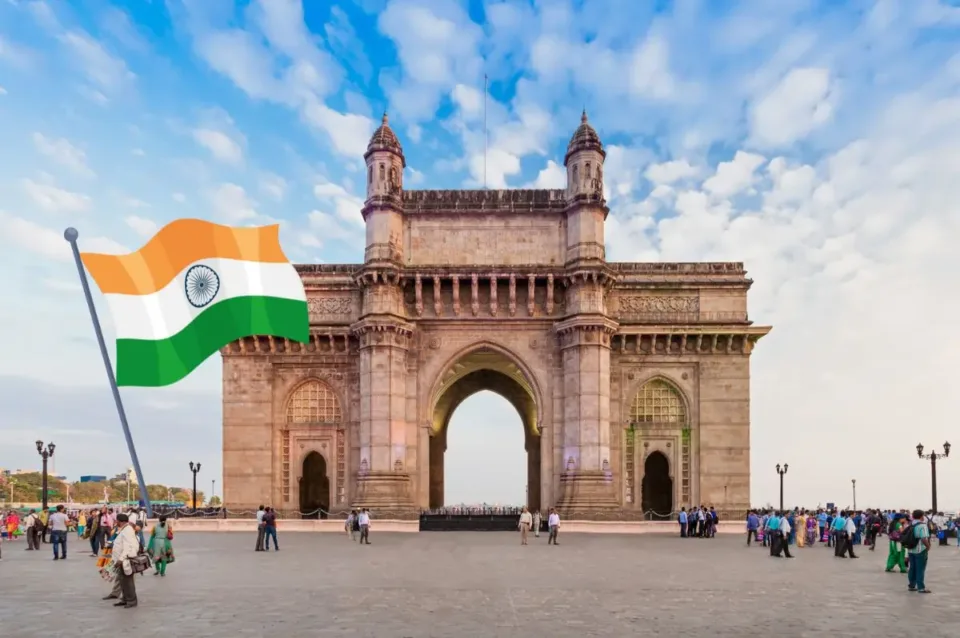India is a land of contrasts and marvels; its charm has captured the hearts of many travelers. Be it the huge expanse extending from the snow-capped mountains of the Himalayas to the golden beaches along the Indian Ocean, this country offers as many diverse experiences as the varied landscapes.
This country offers something to its visitors, from resplendent cities buzzing with life to sun-kissed countryside retreats. But the question is, is India considered supreme regarding travel? Let me empower you with this intriguing question by providing in-depth insights into the various dimensions that make India a different and interesting destination.
Sensitive Cultural Diversity and Heritage
The biggest charm of India is its cultural heritage. Cultures, religions, and traditions have lived in this land together for hundreds of years. This can be seen reflected in its architectural wonders: the magnificent Taj Mahal of Agra, the temples of Khajuraho, and the ruins of Hampi. Many UNESCO World Heritage Sites will spell a lot about its traditions.
The festivals across India say a lot about its rich cultural heritage. Be it the colorful Holi, the festival of lights during Diwali, or the high-spirited celebrations of Navratri, they all have a view into India’s soul. Joining in these festivals becomes an experience that helps a tourist delve deep into the traditions and customs of the country.
Read Our Article: Ready to Travel the World? Here’s the Perfect Starting Point for Your Journey
From the mightiness of the Himalayas in the north, providing breathtaking views and challenging trekking routes for the adventure junkie, to the backwaters of Kerala—a peaceful and tranquil hideout from the hustles and bustles of busy lives with houseboat cruises wandering through lush green terrains—nature’s beauty in India is as much diverse as its cultural heritage.
Wildlife enthusiasts can enjoy decking at the regal tigers, elephants, and one-horned rhinoceroses in the natural habitats provided for them in all the national parks and sanctuaries, including Ranthambore and Kaziranga. The beaches in the coastal regions, like Goa and the Andaman Islands, are rare, with their marine life exotic—just the place for a tropical beach holiday.
Gastronomic Delights

India is a land of variety, much like its terrain. Each area has unique tastes and meals. You’ll find fiery stews in the south and indulgent Mughlai dishes in the north. India’s food journey is like a sensory party. Street food is a key part of Indian culture. Some cities famous for street food include Delhi, Mumbai, and Kolkata.
Food festivals and gastronomic tourism are all about allowing travelers to taste the local food in India. Cooking classes for Indian food engage visitors, which means there is no way Indian food can fail to satisfy any taste.
Read Our Article: Things to do in Destin, Florida with Family
Spiritual and Wellness Experiences
India offers a path for soul healing and health improvement. It’s where yoga, and Ayurveda began, and it continues to be a top hub for spiritual and health-oriented vacations. You can find yoga getaways and Ayurveda health spots all over the country, setting the stage for refreshing your mind, body, and spirit.
These include pilgrimage sites, such as Varanasi, Rishikesh, and Amritsar, which have perfect stays for inculcating spiritual practices and knowledge of self. This journey has changed the lives of those who embarked on such trips.
Contemporary India: Cities and Innovations

India, rich in tradition, also embraces modernity. Cities like Mumbai, Delhi, and Bangalore pulse with a modern beat. Amid their skyscrapers, shopping malls, and lively night scenes, one can experience contemporary India.
India’s cities boast museums, art galleries, and theaters encompassing contemporary arts and culture. This is also a burgeoning powerhouse of technology and education, with burgeoning numbers of international students and professionals within the country.
Challenges of Traveling in India
Traveling in India can simultaneously be rewarding through its size and diversity and full of difficulties. Its size and diversity can overwhelm a first-time visitor. Moving through busy cities and villages needs a lot of patience and adaptability.
Think about local customs and politeness rules. Since India has its special practices and traditions, it’s wise to learn about them. Health and safety matter, too. Travellers should be careful to ensure their trip goes without a hitch and they remain worry-free.

Sustainable and Responsible Tourism
Tourism demand in India is skyrocketing. The goal? To build it in a way that’s both thoughtful and sustainable. There are varying approaches to eco-friendly tourism. Some are community-focused while others offer volunteer work, each aimed at uplifting local communities.
Activities range from choosing eco-friendly stays, visiting and supporting local businesses, and caring for the environment. Responsible tourism will add value to your travel experience and conserve the natural and cultural diversity hosted by India for generations.
Conclusion
India is a country of many attractions, rich in culture and natural beauty, which indisputably makes it a must-visit travel destination. It provides unique experiences that cannot be found elsewhere—though, at the same time, challenging—where the travelers should be prepared. Ultimately, whether India is an ultimate travel destination would better depend on what you, personally, would look for in travel.
India is the place for a traveler who wishes to experience life, breathe culture, beautiful landscapes, and spiritual rejuvenation. Pack your bags and go on that experience you will never forget.

